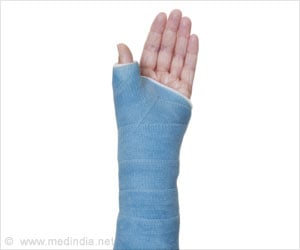
Researcher Todd Schachtman said that in Alzheimer’s patients, amyloid-beta peptide (A-beta) can accumulate and clump together causing amyloid plaques in the brain, adding that symptoms can include increased memory loss and confusion, agitation and a lack of concern for the environment and surroundings.
Schachtman added that they looked at ways of preventing or postponing the onset of the disease which they hope can eventually lead to an improvement of health status and quality of life for the elderly.
Researchers decided to investigate the effects of voluntary exercise and the green tea extract on memory function and A-beta levels in mice known to show plaque deposits and behavior deficits.
Lead biochemist Grace Sun said that oral administration of the extract, as well as voluntary exercise, improved some of the behavioral manifestations and cognitive impairments of Alzheimer’s, adding they also are excited to see a decrease in A-beta levels in the brains of the affected mice as well as improvements in behavior deficits in mice with AD.
Consumption of natural products as potential remedies to prevent and treat diseases and to maintain human health is an ancient one, said Sun. Future studies of green tea extracts and other botanicals, also known as nutraceuticals, are being explored at MU and through collaborations with other international institutions.
Advertisement















